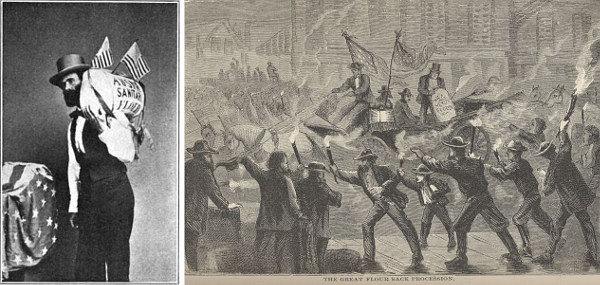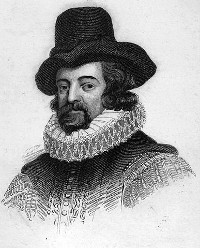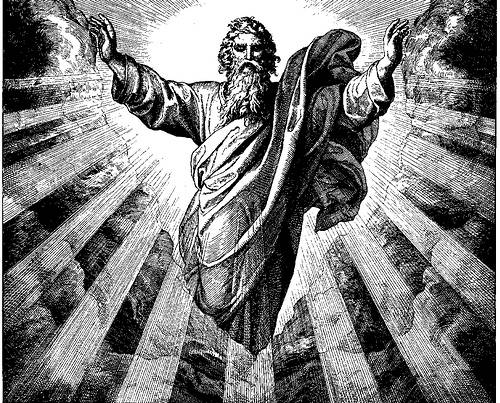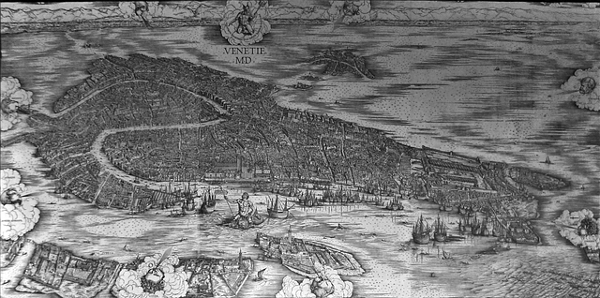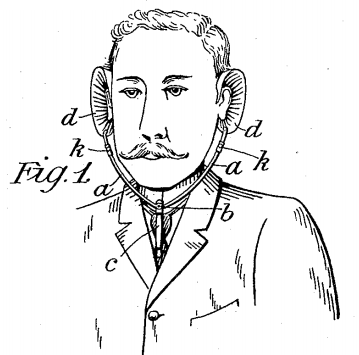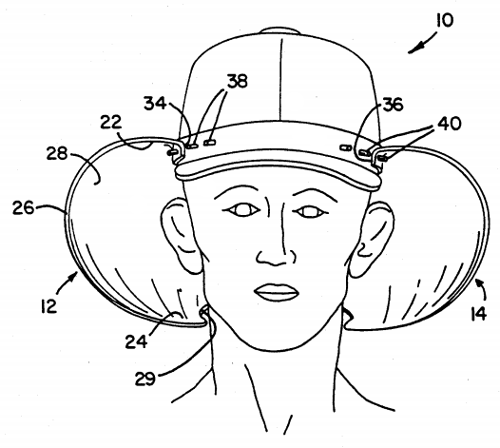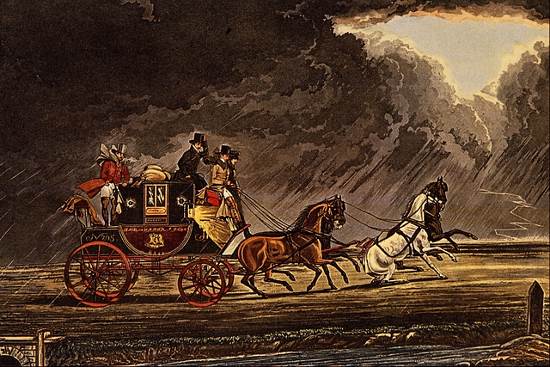An odd feature from the Baltimore Sun of Oct. 5, 1902: Alfred Hermann of Bakersfield, Calif., pledged to circle the world in a year and a half wearing a pair of steel handcuffs, and to earn a livelihood while doing so. If he succeeded, his friend Al Armstrong agreed to finance a medical education for him.
At the time of the interview, Hermann had reached the East Coast six months after setting out from California on March 22, having visited Los Angeles, San Francisco, Seattle, Salt Lake City, Denver, Kansas City, St. Louis, Chicago, Philadelphia, and New York. “From here I ship to London, and from there go to Paris. After leaving Paris I intend to visit Berlin. At St. Petersburg I will connect with the Trans-Siberian railway and reach the west coast of China,” whence he planned to continue to Japan and embark for San Francisco. His only means of earning money along the way was to sell pictures of himself and give “exhibitions of the different exercises that it is possible for a man to take with his hands steel-braceletted.”
Under the terms of the agreement, Hermann could remove the manacles at night, “for health’s sake.” “At each stopping place the cuffs are unlocked, when he retires, by some responsible person, preferably the landlord of the hotel where he stays. Upon departing the landlord locks the cuffs, seals a bit of paper over the key opening, writes his name thereon and also writes his name in a book that Hermann carries, with the name of place, date, etc., affixed in regular postmark form. The key is then placed in Hermann’s pocket.”
I don’t know whether he made it. “The boy’s got grit in him,” Armstrong said. “I like his pluck; but, of course, he doesn’t stand much chance of winning. His enthusiasm will be likely to give out when he’s up against it in China or Russia or some other outlandish place where nobody understands the American lingo and will lock him up for a lunatic or a jailbird. However, I’ll make good if he will.”
